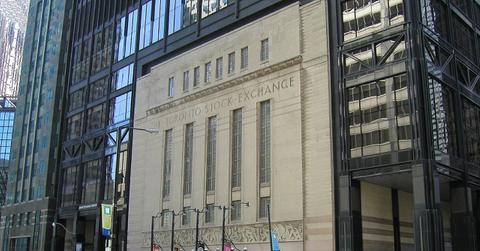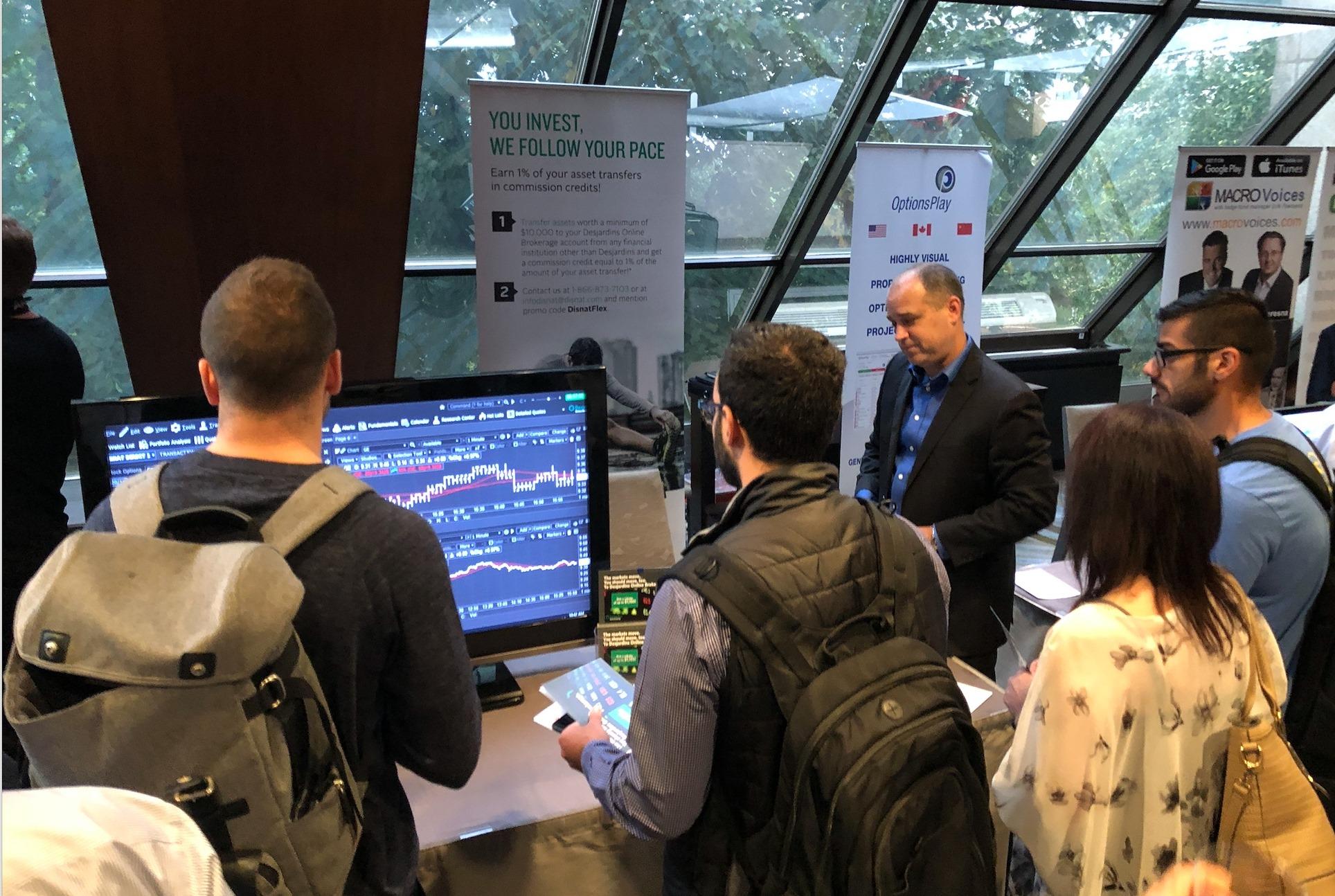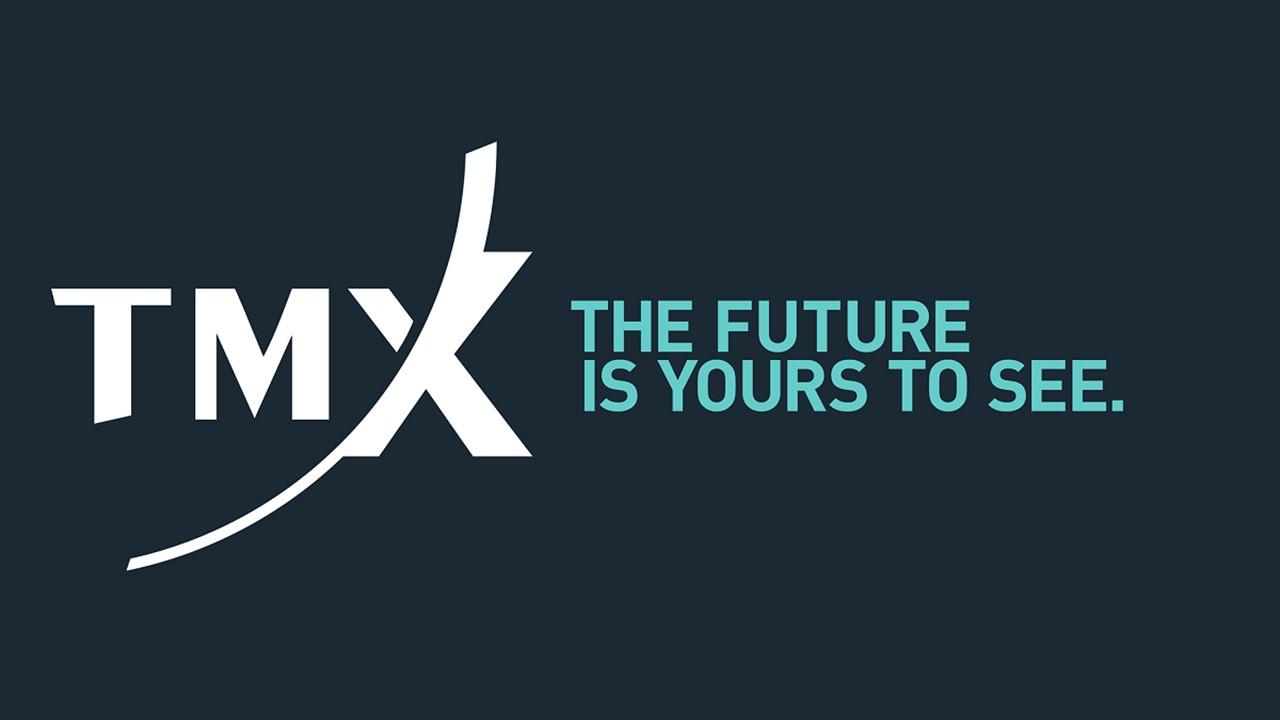How U.S. Investors Can Buy Stocks on the Toronto Stock Exchange
For U.S. investors seeking to buy stocks listed on the Toronto Stock Exchange, you’ll need a broker that offers access to Canadian stocks.
April 7 2022, Published 10:51 a.m. ET

Canada has become one of the most attractive investment destinations. The country has a vibrant economy with plenty of potential to keep growing in the future, following steps such as the legalization of cannabis and online sports gambling. As a result, many U.S. investors are seeking out Canadian stocks. If you’re interested in investing in Canada, here's how to buy stocks on the Toronto Stock Exchange.
Canada’s mainly stable political environment and a large base of natural resources, which have underpinned its growth for decades, are the other factors that make it an attractive place for investors. Canadian stocks span a broad range of industries from mining to financial services and technology. There are a number of stock exchanges in Canada, but the Toronto Stock Exchange is the largest.

How does the Toronto Stock Exchange work?
Operating since 1852, the Toronto Stock Exchange isn't just the dominant stock exchange in Canada, but also one of the largest in the world. It offers access to a variety of investment opportunities from stocks to bonds. More than 1,500 companies are listed on the exchange, with the majority being mining-related stocks. Companies must meet a certain asset and profit threshold before they can be listed on the exchange.
The Toronto Stock Exchange operates at the same hours as the NYSE—it opens at 9:30 a.m. ET and closes at 4:00 p.m. ET. Trading runs Monday through Friday, except on holidays. To trade stocks on the Toronto Stock Exchange, you’ll need to go through a broker, just like you do on the NYSE and NASDAQ.
U.S. investors can buy stocks on the Toronto Stock Exchange.
For U.S. investors, you’ll need to open an account with a broker that offers Canadian stocks. While Robinhood, SoFi, and Cash App have become favorite trading apps for many investors, they won’t give you access to the Toronto Stock Exchange. If you want to buy Canada-listed stocks in the U.S., the best brokers for that are E-Trade, Schwab, and InteractiveBrokers.
E-Trade is owned by investment bank Morgan Stanley. Schwab or Charles Schwab is among the traditional brokers that now allow investors to trade stocks online, including the ability to purchase fractional shares. InteractiveBrokers is an independent brokerage and one of the pioneering online brokers that offer foreign stocks.
While these brokers may allow you to trade U.S.-listed stocks commission-free, you may not have the same benefit when trading Canadian stocks. Also, there may be special fees for access to foreign stocks and minimum capital requirements.

Investors can buy Canadian stocks without going through the Toronto Stock Exchange.
U.S. investors can get access to Canadian stocks without going through a specialized broker with access to the Toronto Stock Exchange. Several hundred Canadian companies are actually listed on the NYSE and NASDAQ, which means you can access their stocks through your Robinhood account or another standard brokerage account.
In addition to buying individual stocks, you can also invest in Canada-focused ETFs that would give you exposure to a package of Canadian stocks as a single security. A good example of Canada-focused fund is the iShares MSCI Canada ETF (EWC), whose top holdings include the Royal Bank of Canada, Canadian National Railway, Toronto Dominion, and Enbridge.
While investing through funds is an easy way to diversify your portfolios, funds charge an annual management fee called expense ratio, which can affect your returns.
